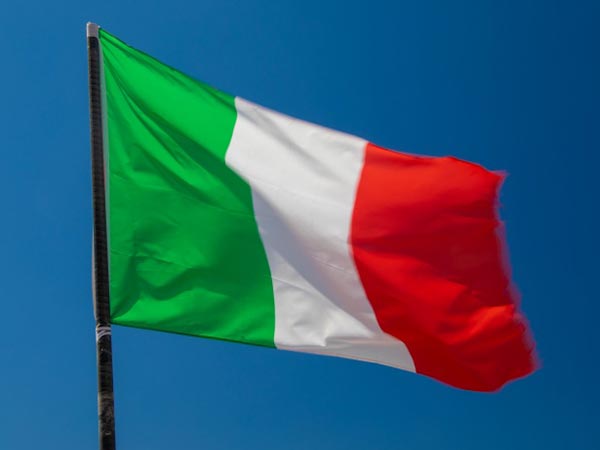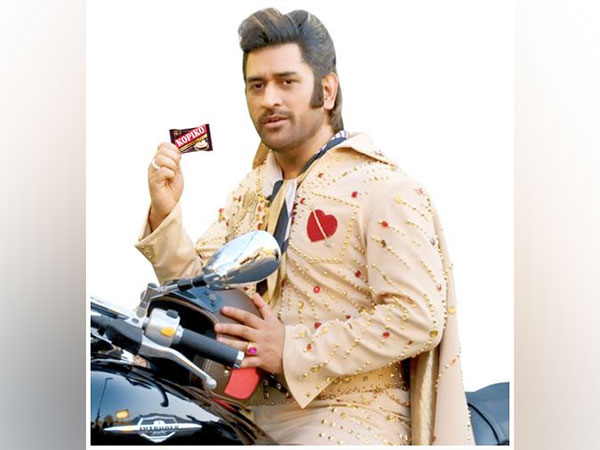
Italy's presidential election kicks off in parliament with no clear candidature in sight
Jan 25, 2022
Rome (Italy), January 25: Italy's parliament gathered in joint session of both houses on Monday for the first round of voting to elect the country's new president to replace Sergio Mattarella, whose term will end on Feb. 3.
A total of 1,008 "grand electors" are set to choose the next head of state, including all the members of the parliament plus 58 representatives chosen by regional councils.
The Italian constitution requires a majority of two-thirds in the first three rounds of voting, followed by a simple majority, or at least 505 votes, from the fourth on. One ballot a day will take place from Monday.
No clear name is in sight so far. While former Prime Minister Silvio Berlusconi on Saturday withdrew his candidature, current Prime Minister Mario Draghi has been repeatedly named as a possible contender.
Draghi has repeatedly refused to say clearly whether he would be available to take the job.
PRESIDENT'S ROLE
The next one will be the 13th president of the Italian Republic. It is a figure that traditionally plays a ceremonial and balancing role in the country, although the president presides over the Superior Council of the Judiciary and the Supreme Council of Defence.
Yet, the head of state directly enters into the political playground in case of broad instability, tasked with helping solve major deadlocks between the government and the parliament.
The president selects a new prime minister candidate, when the cabinet loses the confidence of the chambers and resigns; and, in case of no agreement among members of parliament on a new executive, the president would dissolve the parliament and call for new general elections.
For these reasons, the president is usually chosen among figures that all political forces perceive as non-partisan, but at the same time someone with broad political experience and deep knowledge of the constitution.
HIGH EXPECTATIONS
The election has been preceded by intense talks between the country's two main political blocks in parliament, the center-left led by Five Star Movement and Democratic Party and the center-right led by right-wing League and Berlusconi's Forza Italia party.
The process is being followed attentively by Italian media and people as usual, and there might be additional reasons for that this time.
Mattarella has in fact played a visible role at social level in the last two years, dispensing reassuring messages that helped the country navigate through the difficult pandemic phase.
Secondly, the next elections to renew the parliament and therefore form the new government are scheduled in spring 2023. In case Draghi will move to the Quirinale presidential palace, early elections might be called one year ahead of the natural end of the legislature.
Source: Xinhua






